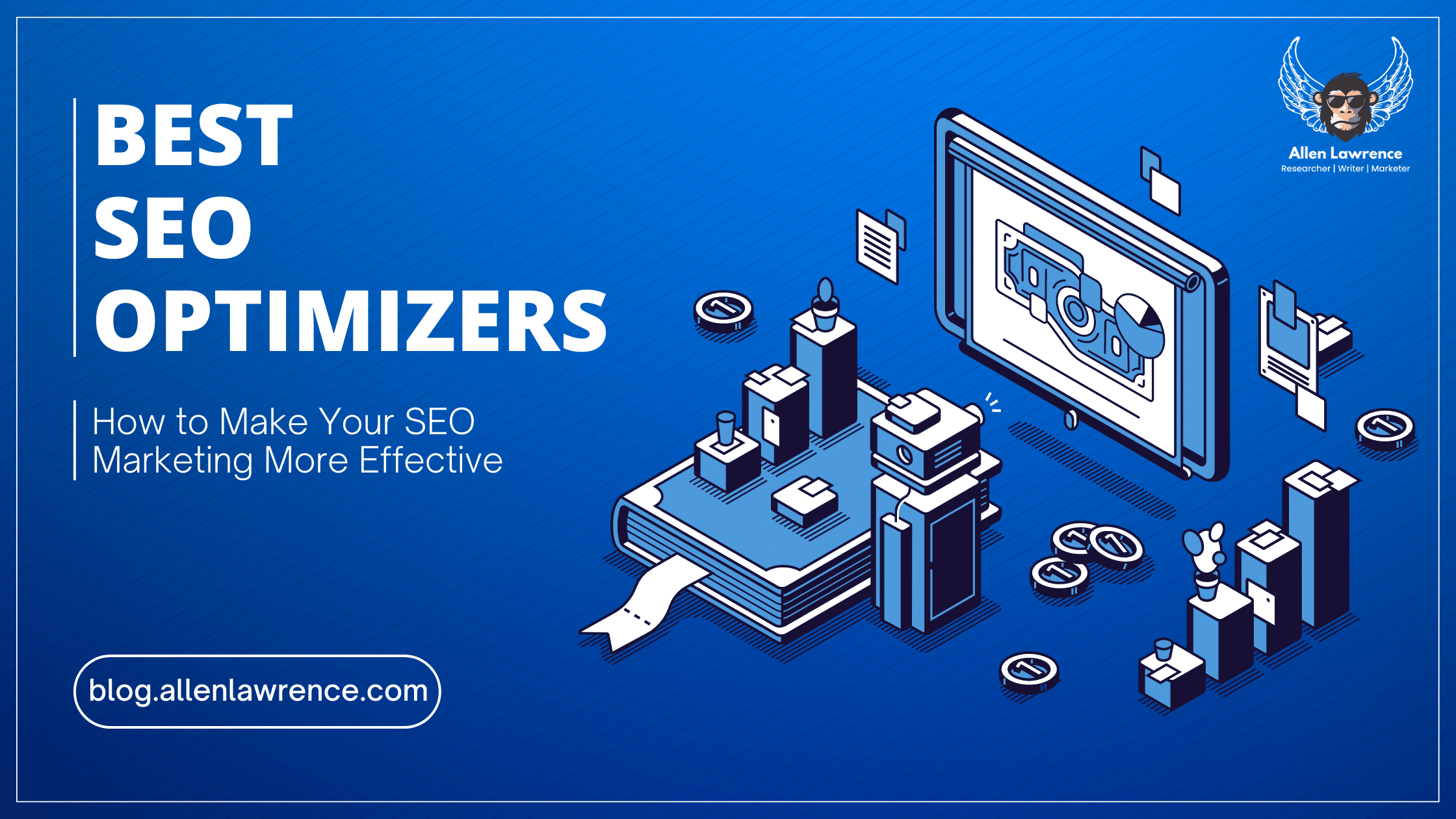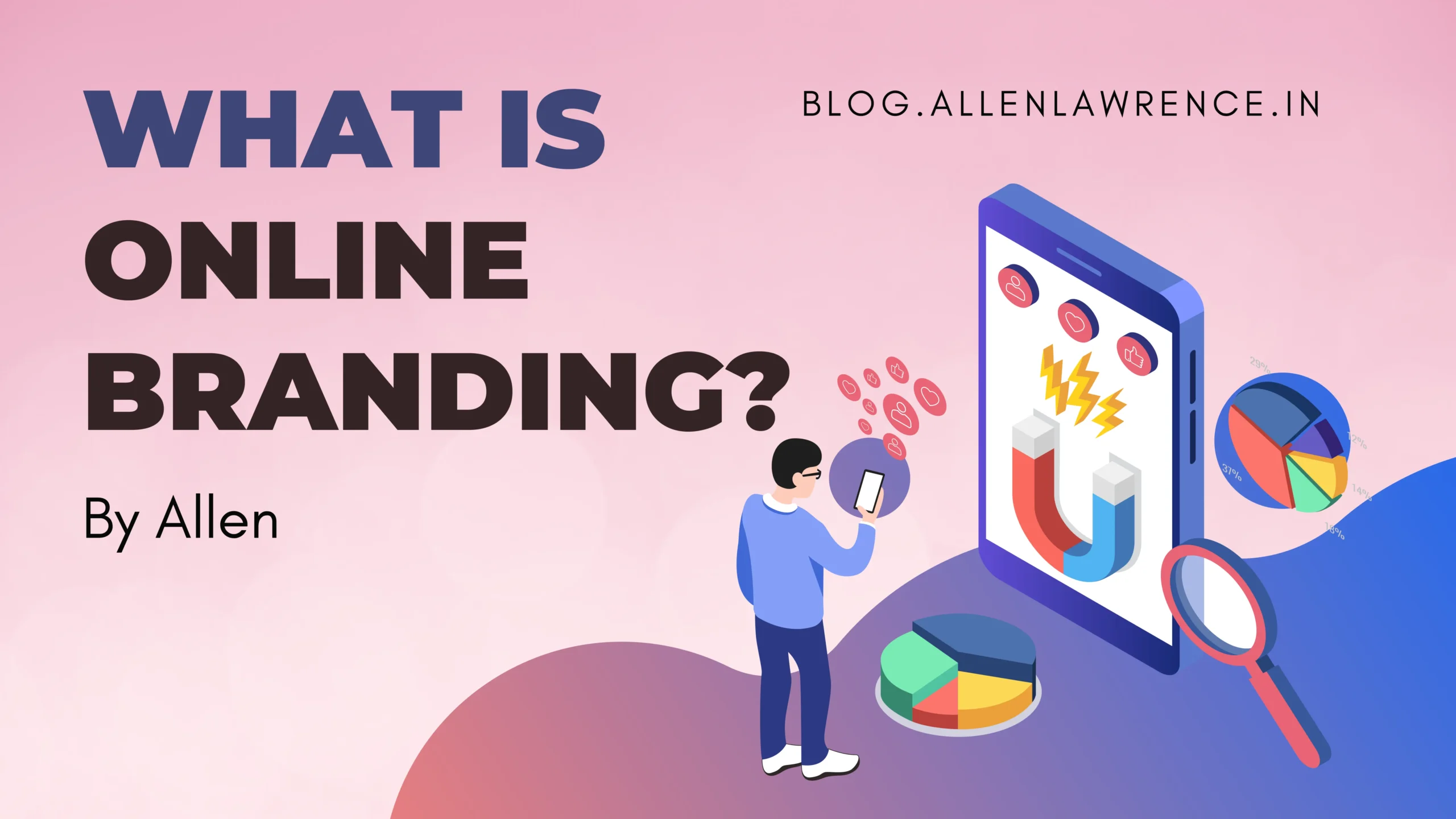Search Engine Optimization (SEO) is essential for every website. SEO is the process of optimizing a website to increase its visibility and ranking in search engine results pages (SERPs). The higher the website's ranking, the more traffic it can generate. In this article, we will explore the eight best SEO optimizations for your website that can help increase its visibility and ranking in SERPs.
1. Conduct Keyword Research
Keyword research is the process of identifying the most relevant and popular keywords for your website's content. This optimization technique helps you understand your target audience and what they are searching for. Use keyword research tools like Google AdWords Keyword Planner, Moz Keyword Explorer, or SEMrush to identify high-ranking keywords that you can use in your content.
2. Optimize Website Content
Optimizing your website content is an essential SEO technique. Ensure that your content is relevant, high-quality, and valuable to your target audience. Use the high-ranking keywords identified in your keyword research throughout your content, including your title tags, meta descriptions, header tags, and body content. Aim for a keyword density of 1-2% in your content.
3. Use Internal Linking
Internal linking is the process of linking to other pages on your website. This optimization technique helps search engines understand your website's structure and hierarchy. It also helps distribute page authority and ranking throughout your website. Use relevant anchor text when linking to other pages on your website.
4. Improve Website Speed
Website speed is an essential SEO factor. A slow website can negatively impact your website's ranking and user experience. Use website speed testing tools like GTmetrix or Google PageSpeed Insights to identify areas where you can improve website speed. Implement optimization techniques like image compression, cache optimization, and code minification to improve website speed.
5. Ensure Mobile-Friendly Design
Mobile-friendly design is critical for SEO. With over 50% of internet traffic coming from mobile devices, a website that is not mobile-friendly can negatively impact your website's ranking and user experience. Use responsive web design techniques to ensure that your website is mobile-friendly and looks great on all devices.
6. Use Social Media
Social media is an excellent way to promote your website and increase its visibility. Share your website content on social media platforms like Facebook, Twitter, Instagram, and LinkedIn. This optimization technique helps increase website traffic, brand awareness, and social signals.
7. Utilize Google My Business
Google My Business is a free tool that helps businesses manage their online presence across Google, including Search and Maps. Utilize Google My Business to improve your local SEO by verifying your business information, including your name, address, and phone number. This optimization technique helps improve your website's ranking in local search results.
8. Monitor and Analyze Website Metrics
Monitoring and analyzing website metrics is critical for SEO. Use website analytics tools like Google Analytics or SEMrush to track website traffic, bounce rates, user behavior, and other metrics. This optimization technique helps identify areas where you can improve website performance and optimize website content.
Conclusion
SEO is essential for every website. The eight best SEO optimizations for your website include conducting keyword research, optimizing website content, using internal linking, improving website speed, ensuring mobile-friendly design, using social media, utilizing Google My Business, and monitoring and analyzing website metrics. Implementing these optimization techniques can help increase your website's visibility and ranking in SERPs, generate more traffic, and improve user experience.
FAQs
Q1. What is SEO?
A1. SEO stands for Search Engine Optimization. It is the process of optimizing a website to increase its visibility and ranking in search engine results pages (SERPs).
Q2. Why is keyword research important for SEO?
A2. Keyword research helps identify the most relevant and popular keywords for your website's content. This optimization technique helps you understand your target audience and what they are searching for. Using high-ranking keywords in your content can help increase your website's visibility and ranking in SERPs.
Q3. How can I optimize my website's content?
A3. You can optimize your website's content by ensuring that it is relevant, high-quality, and valuable to your target audience. Use high-ranking keywords identified in your keyword research throughout your content, including your title tags, meta descriptions, header tags, and body content. Aim for a keyword density of 1-2% in your content.
Q4. What is internal linking, and how does it help SEO?
A4. Internal linking is the process of linking to other pages on your website. This optimization technique helps search engines understand your website's structure and hierarchy. It also helps distribute page authority and ranking throughout your website. Use relevant anchor text when linking to other pages on your website.
Q5. How can I improve my website's speed?
A5. You can improve your website's speed by using website speed testing tools like GTmetrix or Google PageSpeed Insights to identify areas where you can improve website speed. Implement optimization techniques like image compression, cache optimization, and code minification to improve website speed.



